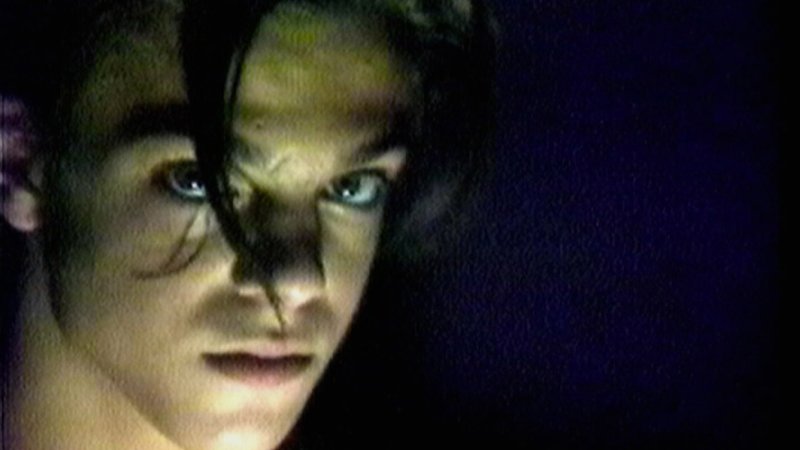At 31, drawing from movies he’d been making since age 11, Jonathan Caouette put together this extraordinary picture of his traumatic life-to-date. The year’s most written-about, exhaustively analysed and argued over documentary.

Tarnation is all by itself in its volcanic – and cathartic – blend of biography and hallucination.
Screened as part of NZIFF 2005
Tarnation 2004
Raised in Texas, shuttled between numerous foster parents, his grandparents and Renee, the schizophrenic mother he adored, Jonathan Caouette made himself a celebrity in his own videocam. He started filming himself, Renee and other ‘family’ at 11, documenting such scarily precocious turns as his impersonation of an abused trailer-trash wife and mother. At 13, he was producing Super-8 slasher films with the neighbourhood kids; his high school project was a musical version of Blue Velvet with the cast lip-synching Marianne Faithfull songs. At 31, drawing from his own movies, answering-machine messages, and movie and music clips taped from TV, he put together this extraordinary picture of his life to date, using iMovie, Apple’s basic DV editing programme. After seeing a rough cut of the film, Gus Van Sant and John Cameron Mitchell signed on as executive producers and secured music rights for the equally extraordinary soundtrack. Tarnation debuted at Sundance last year, made its European bow at Cannes, and has screened at every significant Festival since. Michael Moore notwithstanding, it is the year’s most written-about, exhaustively analysed and argued over documentary.
“The self-documenting urge has never seemed so urgent a necessity as it does with Caouette, whose highly dysfunctional background appears to have forced him into role-playing as the only possible survival tactic. His ex-model mother Renee experienced depression and shock treatment, while his grandparents may have been abusive towards her… Yet this nightmarish material is given a poetic, vibrant treatment… Cinema as therapy possibly… but certainly one of the most arresting screen self-portraits ever.” — Jonathan Romney, The Independent